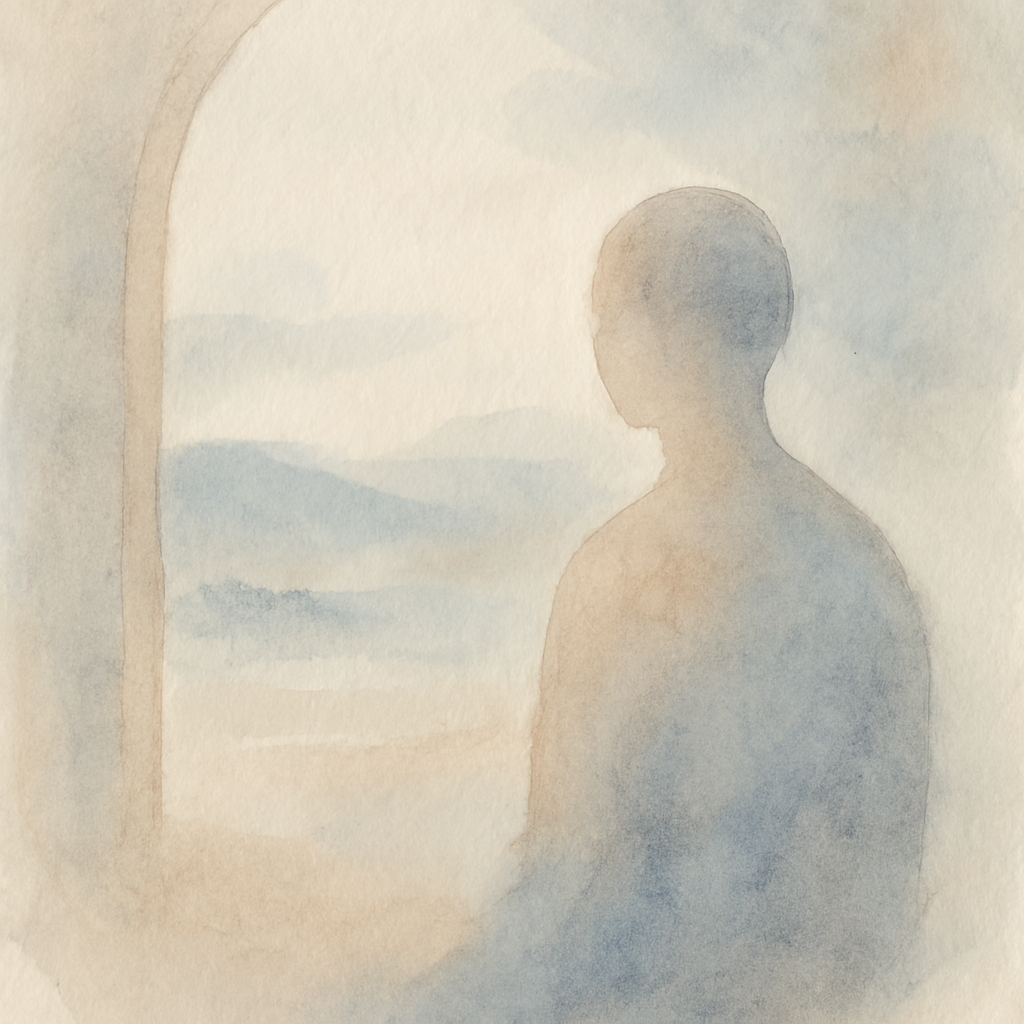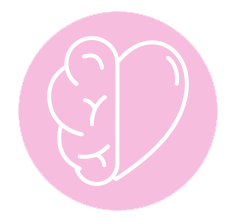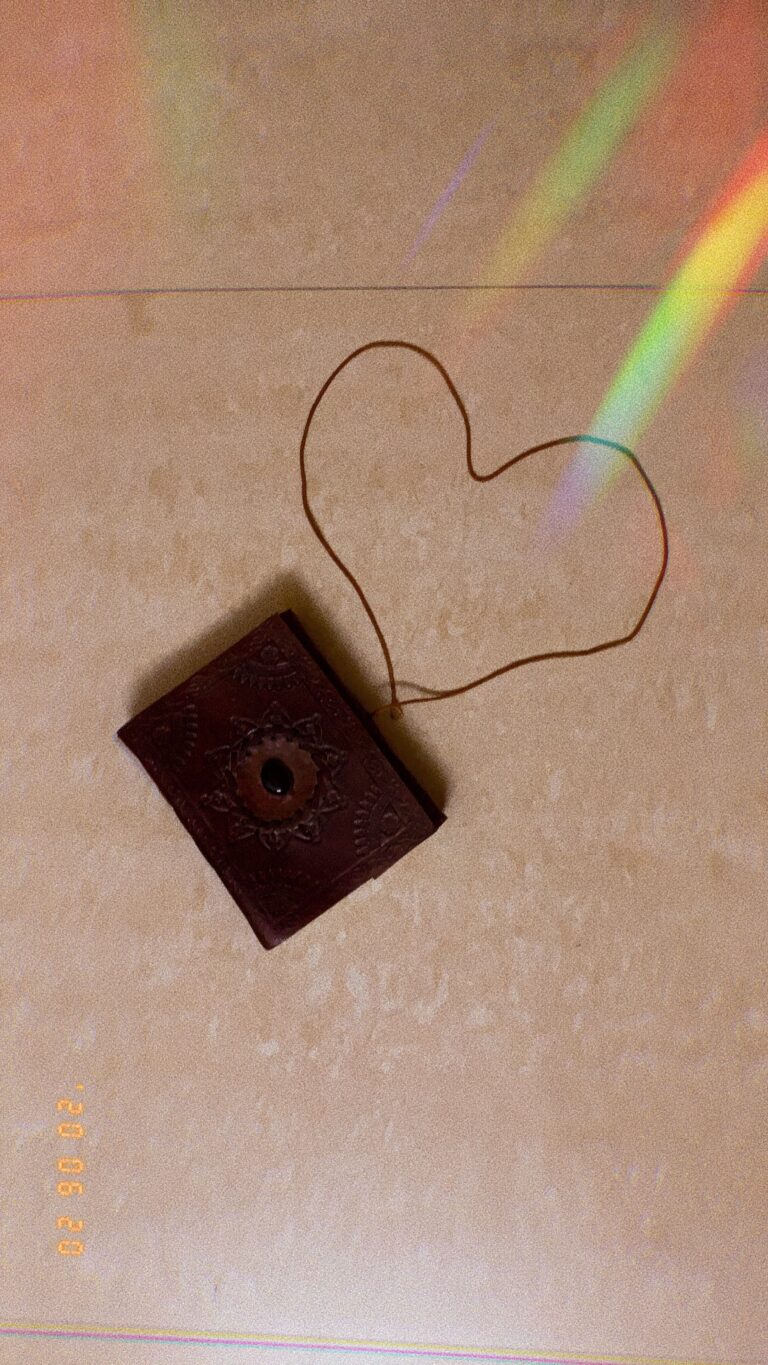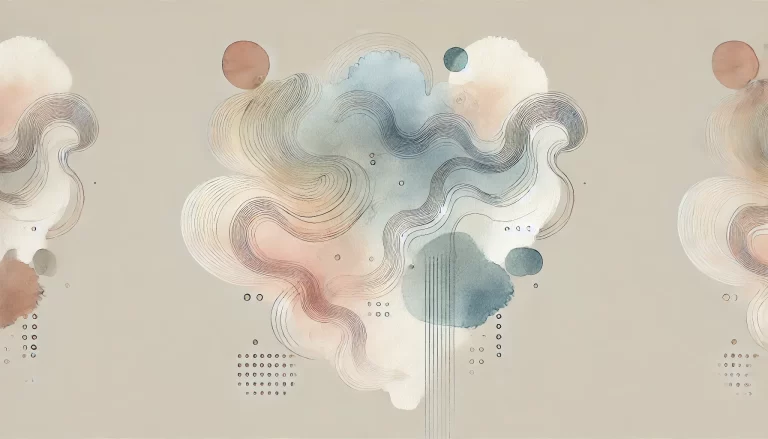
There’s a kind of grief we don’t talk about enough. And it’s the grief of unlived lives, of who we could have been. It lingers in the spaces between our choices, in the roads we never took, in the lives we imagined but didn’t live.
It sneaks up on you in small moments like when you scroll past someone living the life you once dreamed of, when an old ambition resurfaces out of nowhere, when you wonder, what if? It’s not exactly regret but something softer, and it’s heavy nonetheless. It’s a mix of nostalgia, curiosity, and sometimes, a little bit of sadness.
And this grief is not just personal, but cultural too. A lot of our choices never felt entirely our own. We came of age in a time that preached independence and ambition, especially for women. We were told we could be anything, do anything but in the background, tradition kept whispering reminders of what we should be. Marriage, family, stability- those age-old benchmarks that have long defined a woman’s worth. So while we reached for more, we also carried the weight of expectations that inadvertently shaped our decisions.
By mid to late 20s, we’re expected to have a steady job, an income, and a life that looks put together. But what if getting there meant giving up parts of ourselves? What if, in choosing the practical path, we had to let go of the dreams we once nurtured?
And if so, how do we live with this grief? More importantly, how do we stop mourning the lives we didn’t live and start embracing the one we have?
The ‘Job by 26’ Rule
Remember those kids in school who swore they’d be astronauts, artists, or world-famous chefs? Fast forward a decade or two, and most of them (like us) are just trying to figure out how to reply to emails without having an existential crisis.
Maybe they wanted to be an artist but ended up in a government job because you can’t eat dreams.
Maybe they swore they’d leave town, yet here they are, running the family business.
And maybe you too see yourself in them.
Most of us didn’t choose our careers out of passion. We chose them out of necessity. And now, at 28, still figuring things out feels heavier than ever, especially in a world where every teenager seems to already own a startup.
Many of us weren’t just chasing a career, we were stepping into roles as family breadwinners, cultural torchbearers, and proof of success for our parents’ sacrifices. The weight of responsibility often shaped our choices before we even realized it.
The Psychology Behind the Grief of Unlived Lives
This longing for a parallel life is more than just a passing thought, it has deep psychological roots.
The “What If” Loop: Our Brain’s Obsession with Alternate Endings
Psychologists call this counterfactual thinking. Our brain’s tendency to replay past decisions and imagine different outcomes. It’s a survival mechanism. If we analyze our past mistakes, we might avoid similar ones in the future. But when this becomes obsessive, it can trap us in a cycle of regret, making us feel like we failed simply because we didn’t choose a different path.
Neuroscience also backs this up with studies that show how the medial prefrontal cortex (a region linked to self-reflection), lights up when we think about our past choices. The more emotional the memory, the stronger the brain’s response. That’s why we feel the deepest regret when our identity – our careers, relationships, or personal goals- is on the line.
Erik Erikson’s Theory
Erik Erikson’s stages of psychosocial development explain why this grief intensifies at different life stages.
- In our 20s and 30s (Intimacy vs. Isolation), we’re making major life decisions like career, relationships, independence. This is also the time when regret creeps in because we compare ourselves to peers who “figured it out” faster or seem more successful.
- By middle age (Generativity vs. Stagnation), we start questioning our impact. Did we build something meaningful? Did we waste time? This is where people feel the strongest pull toward “what could have been.”
- In old age (Integrity vs. Despair), all those bottled-up regrets can start to bubble over and not in a poetic, healing way. You know that one grandpa on the block who grumbles at kids for existing? Or the aunty who always looks like life personally offended her? We joke and call them hags or grumps, but honestly that could be any of us if we don’t make peace with the “what ifs.” That kind of cynicism doesn’t just come from age but are the results of emotional leftovers from a life full of should-haves and could-haves, microwaved over and over till it sours.
We Pretend We’re Fine, Then Scroll and Compare Anyway
Ah yes, the age-old villain of every TED Talk, therapist’s office, and Sunday night existential crisis- social media. That highlight reel we keep doom-scrolling through has turned into a full-blown comparison Olympics. We’re out here watching everyone’s greatest hits- job promotions, Bali vacations, baby announcements- while sitting in our pajamas wondering if switching shampoos counts as personal growth.
What we don’t see is the behind-the-scenes mess. They also pushed through bad days, wrestled with silent doubts, and made compromises to get where they are. And yet, it’s so easy to believe everyone else made all the “right” choices while we accidentally took a nap during life’s roadmap briefing. No wonder this stuff feeds our grief; especially the grief of the life we never lived.
Rewriting the Grief: Finding Meaning in Your Current Life
So, how do we stop circling the what-ifs and start moving forward? How do we release the lives we didn’t live and fully embrace the one we’re in?
It starts with reframing regret- not as a sign of failure but as proof that we cared. That we had dreams. That we were capable of imagining different possibilities for ourselves. And that, in itself, is a beautiful thing.
1. The Myth of taking the “Right” Path
One of the biggest lies we tell ourselves is that there was one perfect path, and we missed it. But life isn’t a linear story with a single correct script. It’s a collection of choices, circumstances, and chance.
If you’re a Marvel fan like me, maybe you’ve had this thought too- the multiverse theory. Somewhere out there, another version of you chased her passion, moved to a new city, or married someone else. But here’s the thing we don’t consider: even in that timeline, she has regrets too.
Every choice comes with trade-offs. We romanticize the lives we didn’t live because we don’t see the behind-the-scenes: the doubts, the sacrifices, the struggles. But they’re always there. Just hidden behind a prettier filter.
2. Reframe Regret : What Did Your Choices Give You?
Instead of mourning what you lost, ask yourself: What did I gain?
Sure, you didn’t become an artist, but maybe you found stability and a way to support your family.
You didn’t move abroad, but you built a community where you are.
You didn’t follow your teenage dreams, but you discovered new ones along the way.
We call this benefit-finding– the practice of recognizing positive outcomes from past decisions, even if they weren’t what you originally planned.
It’s not about toxic positivity or pretending everything’s perfect. It’s about shifting your focus from “what I missed” to “what I gained.”
When we reframe our past decisions through this lens, we stop seeing them as mistakes and start seeing them as meaningful stepping stones. Because even the so-called wrong turns had something to offer.
3. Flip the Script on Your Story
The stories we tell ourselves about our past shape how we feel about our present. If you constantly replay your life as a series of missed opportunities, you’ll always feel like you fell short. But if you see it as a journey- one with detours, unexpected lessons, and second chances, it becomes a story of growth.
You’re not “too late” for anything.
There’s no invisible timeline you need to catch up to.
This is your life and you’re allowed to move through it at your own pace.
4. Find Ways to Honor Your Grief
Just because you didn’t take a certain path doesn’t mean you have to bury that part of yourself forever. Maybe you can’t go back and redo your 20s, but you can still:
- Take that art class.
- Visit the place you once couldn’t stop thinking about.
- Write, dance, create- whatever it was you once loved.
- Mentor someone who’s walking the path you once considered.
The dream doesn’t have to die, it can just grow up with you.
5. Letting Go of the Need to “Prove” Yourself
A lot of our grief comes from feeling like we need to show the world we made the right choices. That we have something to show for our decisions. But true contentment doesn’t come from external validation, but it comes from internal peace.
As Erikson’s theory suggests, we reach true life satisfaction when we stop trying to compare, compete, or prove, and instead find meaning in what we have.
And if you ever feel like you “should be further ahead” by now, remind yourself:
You are not a failure for taking a different path.
Your worth isn’t measured by a timeline or a title.
You are allowed to be proud of the life you’ve built, even if it’s not the one you imagined.
You Are More Than Your Grief
The grief of who you could have been is real. But so is the beauty of who you are now. Life was never about ticking all the right boxes. It’s about stumbling, learning, growing, and learning to hold space for both the dreams we lost and the person we became instead.
And if you ever find yourself looking back, wondering what could have been, just remember:
The version of you who made those choices was doing the best they could with what they knew.
The version of you today still has time to create, explore, and redefine what fulfillment looks like.
And the version of you in the future will thank you for choosing to be present, instead of living in the past.







